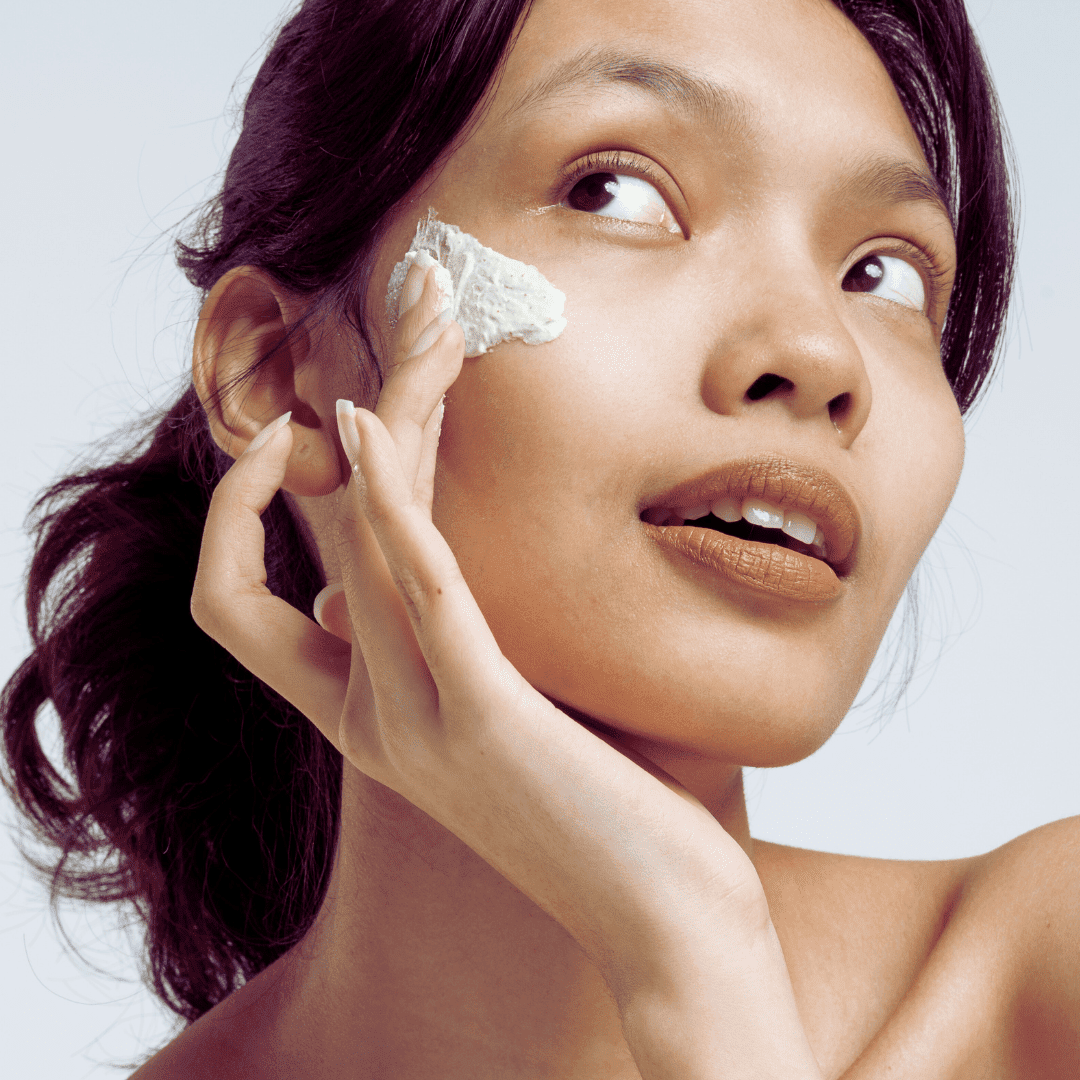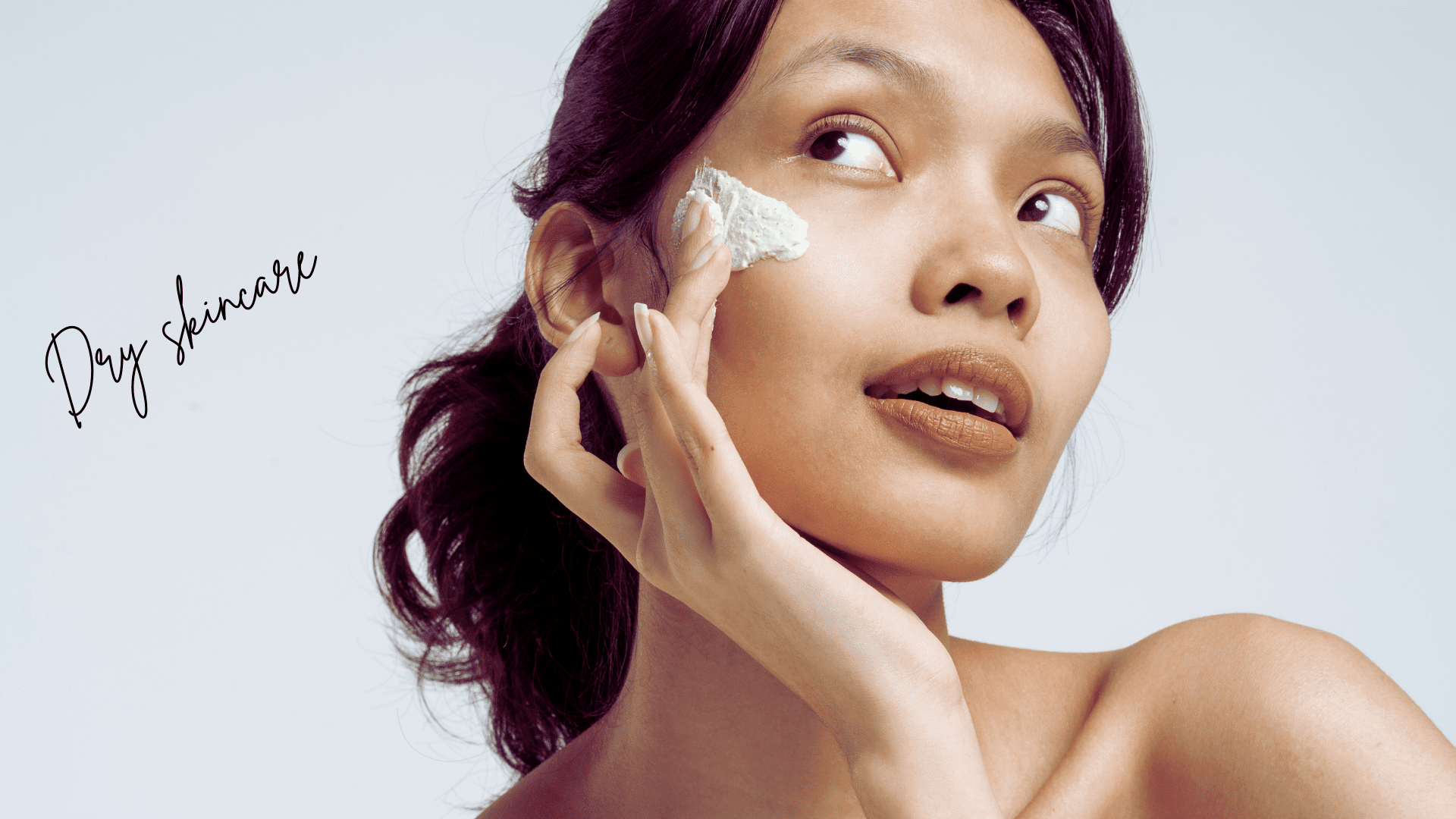The Ultimate Sunscreen Guide: Protect Your Skin the Right Way
why is sunscreen a skincare essential?
We’ve all heard it before: “Wear sunscreen every day!” But do you really know which sunscreen suits your skin type or how often to reapply it? Many people make common sunscreen mistakes—like applying it after moisturizer, skipping reapplication, or using the wrong formula.
The truth is, that sunscreen is the best defense against premature aging, hyperpigmentation, and sun damage—but only if you use it correctly. Whether you’re wondering how long sunscreen lasts, the best SPF for your skin, or if Neutrogena sunscreen is reef-safe, this guide has all the answers. Let’s dive into the ultimate sunscreen guide and ensure you’re protecting your skin the right way!

Why Sunscreen is the Ultimate Skincare Essential
Consider sunscreen your skin’s secret shield. It shields against UVA rays (which lead to aging) and UVB rays (which lead to burning). But beyond burning, neglecting SPF can result in wrinkles, sunspots, and even permanent skin damage down the line.
Fun Fact: 90% of visible aging is caused by sun damage, not genetics! So, sunscreen is the holy grail of anti-aging products—more effective than any high-end cream or serum.
How to Choose the Right Sunscreen for Your Skin Type
Not all sunscreens are created equal! The best one for you will depend on your skin type and lifestyle. Here’s how to pick the right formula:
If You Have Oily or Acne-Prone Skin
Look for: Lightweight, oil-free, and non-comedogenic sunscreens
- Matte-finish or gel-type SPF
- Ingredients such as zinc oxide or niacinamide to soothe outbreaks
- Avoid heavy, greasy formulas that can clog pores
Try: Matte mineral sunscreens to achieve a luster-free finish.
If You Have Dry Skin
Seek out hydrating sunscreens with a rich, creamy texture.
- Hyaluronic acid or ceramides to lock in moisture
- SPF with supplemental nutrition
- Avoid alcoholic products that have a tendency to dry your skin
Try: A moisturizer with SPF for double the hydration and protection.
If You Have Sensitive Skin
Look for: Fragrance-free, mineral-based sunscreens
- Zinc oxide and titanium dioxide (less irritating)
- Hypoallergenic products
- Steer clear of chemical sunscreens that may red or burn you
Try: A physical, unobtrusive sunscreen that remains on the surface of the skin rather than being absorbed.
How Often to Reapply Sunscreen
This is where many people go wrong. Applying sunscreen once in the morning is NOT enough. Sunscreen wears off due to sweat, oil, and exposure to sunlight.
The golden rule: Reapply sunscreen every 2 hours.
When to Reapply:
- After sweating or swimming
- After wiping your face with a towel
- If you’re spending extended time outdoors
Pro Tip: If you wear makeup, try a powder or spray sunscreen for quick touch-ups throughout the day.
Sunscreen: Before or After Moisturizer? (In the Right Order)
The correct layering technique makes all the difference in how effective your SPF is!
Applying moisturizer before sunscreen is the best approach. Moisturizer helps to keep your skin hydrated, while sunscreen acts as a protective barrier against harmful UV rays. If you apply sunscreen first, your moisturizer may dilute the SPF and reduce its effectiveness.
- Moisturizer first – Let it absorb for 2-3 minutes.
- Sunscreen second – Apply generously (don’t skimp!).
- Makeup last – Wait a few minutes before applying foundation.
For best results, use a broad-spectrum sunscreen with SPF 30 or higher and never mix it with moisturizer, as this weakens its ability to shield your skin from UV damage.
How Long Does Sunscreen Last?
There are two things to consider:
- Expiration Date
- Sunscreen usually lasts 2-3 years before it expires.
- An expired SPF loses its ability to protect your skin.
- Always check the bottle for the expiration date before use.
- How is the Protection Period After Application Defined?
- Most sunscreens protect your skin for about 2 hours.
- Water-resistant formulas last 40–80 minutes before needing reapplication.
- Check Your Sunscreen: If it has an off smell or has a separated, liquid texture, throw it away!
Does Neutrogena sunscreen qualify as reef-safe?
Not all Neutrogena sunscreens are reef-safe. Some of them include oxybenzone and octinoxate, which are coral reef toxicants.
Reef-Safe Alternatives:
- Neutrogena Sheer Zinc Oxide Dry-Touch Sunscreen (Mineral-based)
- Any sunscreen formulation containing zinc oxide or titanium dioxide
Tip: When you are swimming in the ocean, use a reef-safe sunscreen to protect ocean life.
Frequently Asked Questions (FAQ)
- Can I use sunscreen at night?
No, sunscreens are formulated to prevent the harmful rays of the sun, which don’t exist at night. Rather, apply a night moisturizing cream.
- Is SPF 30 sufficient for everyday use?
Yes, SPF 30 is okay for everyday use, but if you are going to be out for an extended period, use SPF 50+.
- Can I skip sunscreen if my makeup contains SPF?
No, most makeup with SPF is not sufficient for full protection. Always use sunscreen underneath makeup.
- Is a higher SPF always better?
SPF 50+ provides a little more protection than SPF 30, but no sunscreen can block 100% of the UV rays. Reapplication is the key.
- Does sunscreen prevent tanning?
Sunscreen reduces tanning by blocking UV rays but doesn’t completely stop melanin production. A slight tan may still develop over time, especially with prolonged sun exposure. To minimize tanning, use a broad-spectrum sunscreen, reapply frequently, and wear protective clothing.


